
Can DSA Go the Distance?
In a matter of years, DSA has turned from a musty debate club for retired social democrats into an electoral powerhouse of young, ecumenical radicals. What’s next?


In a matter of years, DSA has turned from a musty debate club for retired social democrats into an electoral powerhouse of young, ecumenical radicals. What’s next?
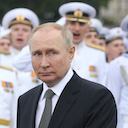
In a new collection, Ilya Budraitskis provides a trenchant analysis of the ideological underpinnings of Putin’s Russia and the domestic political groups that have opposed his government.
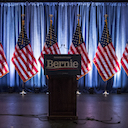
A roundtable on Democrats and the left.

Slouching Towards Utopia is a rise-and-fall epic—but it is better at depicting the rise than explaining the fall.

Throughout the United States, racial separation remains a common feature of collective life. The consequences are significant for left political organizing aimed at building a multiracial working-class majority.
Rather than a science or a lifestyle, socialism is an approach to the world’s injustices that can compel us to act with one another—even in darker times.
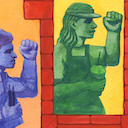
If there’s a chance to make a better world, our best shot comes from building a working-class majority.

Will an epochal transformation of the very conditions of human life be carried through by elites on behalf of their own purposes, or will people finally seize control of their destiny?

Thanks to the election of Bill Clinton, American are going to discover whether a change in leadership can cure the ills of their political system. Are the inadequacies in governing that have given rise to so much discontent mainly a …

Caroline Walker’s paintings are a reflection of modern labor conditions in an increasingly service-based economy.
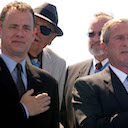
Romanticized stories about the Second World War are at the heart of American exceptionalism.
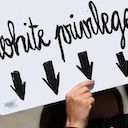
Today’s privilege politics is preoccupied with calculating the relative degrees of social advantage among people who share the same broad goals.

The left cannot afford to renounce its historical commitment to self-determination.
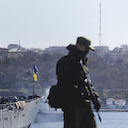
We must understand Russia’s invasion of Ukraine not to justify it, but to better find a resolution to the conflict.
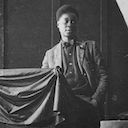
A new book on Claude McKay is part of an effort to place the poetry of the Harlem Renaissance within the Black radical tradition.